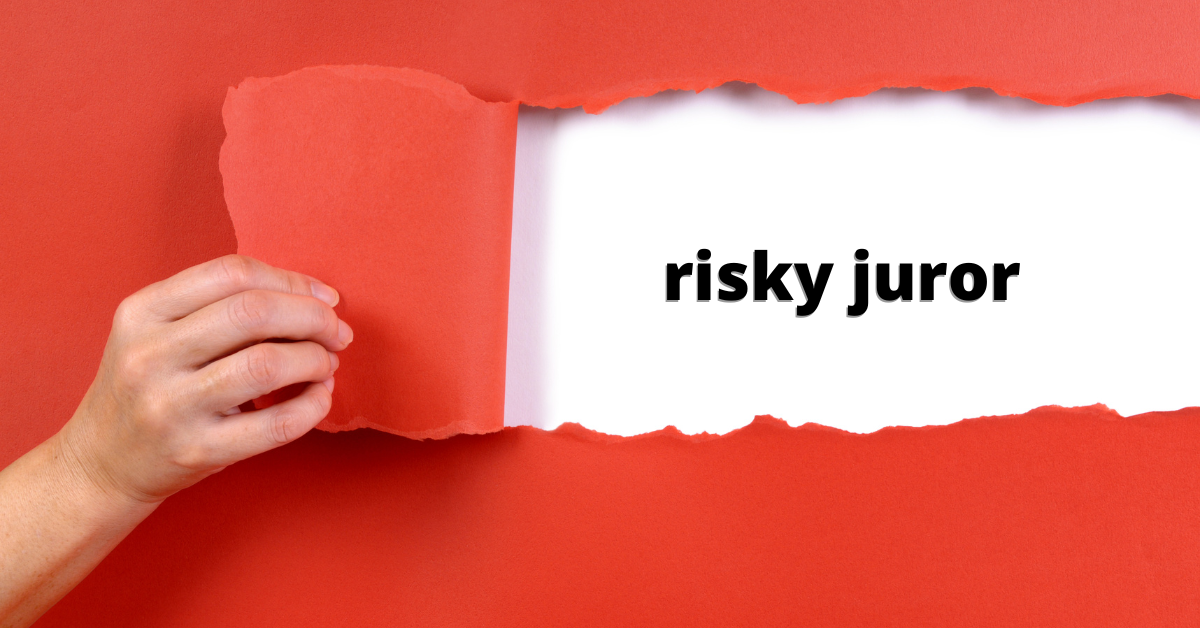A new world
The powerful influence of social media is changing the way crisis communications is practiced and companies should be demanding a more sophisticated level of expertise from their crisis teams. The fact is, any such team is incomplete unless it includes social psychology experts who are adept at creating psychology-based messaging that will resonate in a crisis situation.
Psychology-based communications is not a new concept. The advertising industry is based in behavioral psychology and political campaigns routinely target peoples’ emotions. In a crisis situation, the narrative is the most critical aspect of a company’s response—and it’s dangerous territory. The damaging stories that go viral provide a narrative that is emotive and captures the attention of a social media mob. And once a negative narrative takes root, it can become self-sustaining.
Therefore, a company needs to be prepared to give its best response when a scandal breaks. There aren’t many second chances to get it right, and the very act of trying to repair an initial poor response often makes things worse. Preparation and getting it right the first time are critical to successfully resolving a crisis situation.
But how does social psychology fit into a crisis scenario?
The biggest issue is that many companies err in structuring their narrative and response by using a “common sense” approach. Common sense is of little use in uncommon situations and that usually leads to messaging that addresses the fears of the organization while ignoring the concerns of the public and other stakeholders. Common sense leads most organizations to rush to defend themselves and their point-of-view instead of considering the perspective and needs of their ultimate audience.
When a crisis breaks it is essential to work to understand the perspective of all stakeholders. This is fundamentally a psychological exercise that should not be given short shrift. Organizations are better at dealing with crises if they communicate with the public and key stakeholders on their terms—and not from a “defended” viewpoint. When the psychology of the audience is ignored, stakeholders become online accusers.
Also, social media forums are popular because they feed group dynamic. People like identifying with others who share their views and they can do it powerfully and relatively anonymously when they’re part of a social media mob. Social psychology practitioners are adept at discerning the complex emotions and needs that drive groups—including those that form and operate online. It’s critical as part of any crisis response to understand the root of what’s driving an online mob, in part for insight into what would cause them to lose interest in a particular crisis situation.
What can you do?
Crisis response has become a lot more complicated and requires a higher level of expertise than what has worked in the past. At CSI, we pioneered the jury consulting industry and have adapted our psychology-based techniques to elevate how crisis and litigation communications is practiced. Don’t let your organization be caught off-guard. For more insight, download our newly released white paper: “How To Manage A Social Media Crisis: A Psychology-Based Strategic Communications Approach.”

Be confident in achieving superior litigation outcomes. CSI has the expertise, track record, and capabilities to help you win.



